The whole country has 18,109 centralized water supply works, of which about 7,800 works have a water supply capacity equal to or greater than 50 m3/day and night.
In terms of operational efficiency, 32% of projects operate sustainably; 26.3% of projects operate relatively sustainably; 27% of projects are less sustainable and 14.8% of projects are inactive.
Thus, the number of unsustainable and inactive works is up to 41.8%, affecting about 200,000 households (accounting for 1.2% of the rural population). These works are very small in scale (capacity under 50 m3/day and night) and were invested before 2010.
The above data was presented by Mr. Giap Mai Thuy, Deputy Head of the Rural Clean Water Management Department, Department of Irrigation Works Management and Construction, Ministry of Agriculture and Environment (MARD), at the Forum "The role of clean water and rural environmental sanitation in sustainable agricultural development, building civilized rural areas", held on October 16.
Mr. Thuy also said that investment resources in the rural clean water sector are still limited. In the 2021-2025 period, the rural clean water sector needs about 29,200 billion VND, while so far only 13,400 billion VND has been mobilized, still lacking nearly 16,000 billion VND.
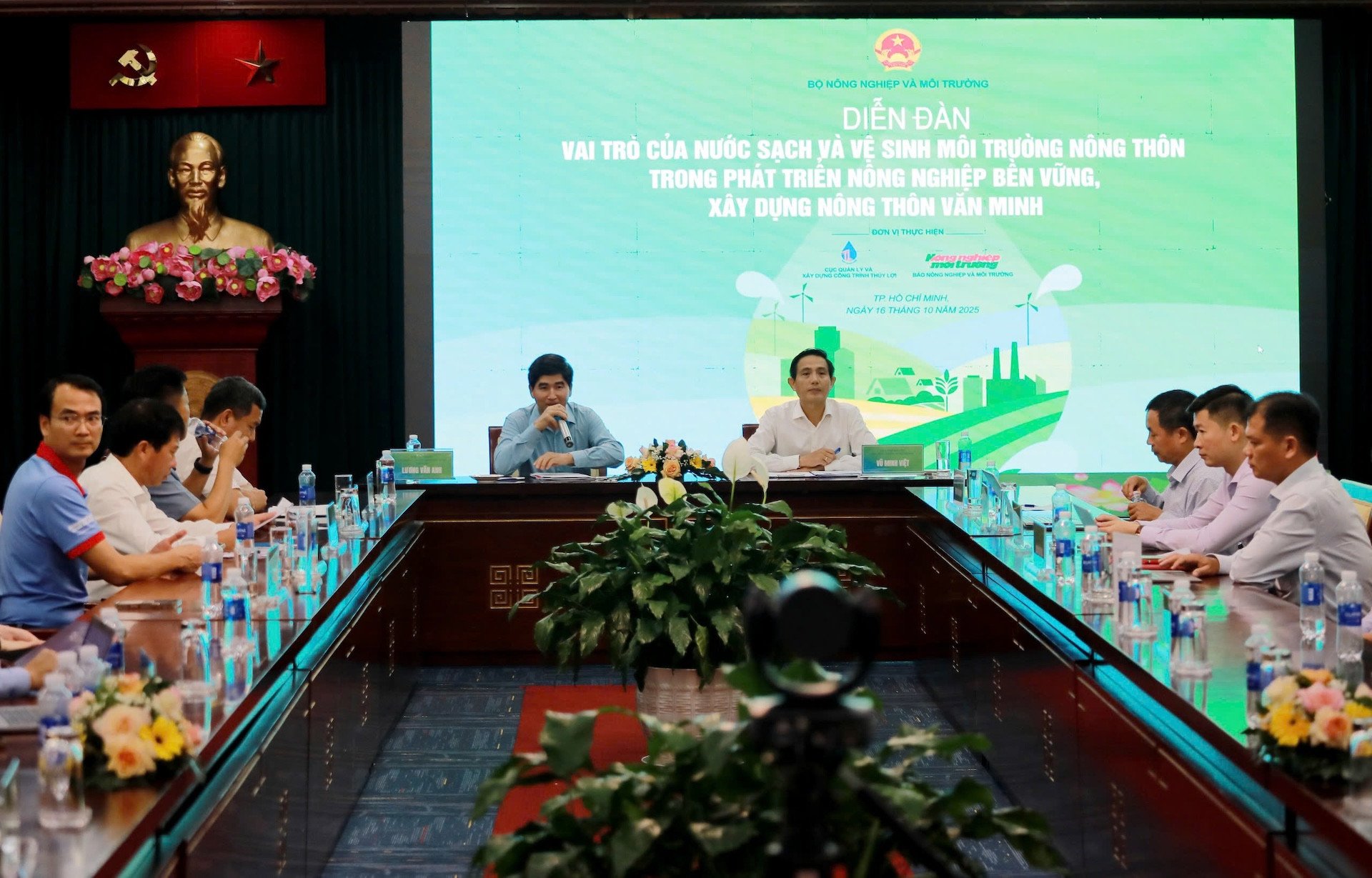
Currently, about 68% of rural households nationwide have access to water that meets standards. According to Mr. Luong Van Anh, Deputy Director of the Department of Irrigation Works Management and Construction, the target is to increase this rate to 80% by 2030. Therefore, more attention and investment is needed in the rural clean water sector, with a focus on attracting socialized investment in rural water supply.
However, Mr. Anh commented that there is a difference between regions in the socialization of rural water supply.
Specifically, the North has a good foundation for water supply works due to early investment, with a concentrated scale and a complete treatment system many years ago. The inter-commune water supply system has a relatively tight management process, long-term stability, creating favorable conditions for the private sector to participate in operation and exploitation.
On the contrary, many provinces in the Central and Central Highlands regions face difficulties due to scattered terrain and sparse population, leading to fragmented and unsynchronized investment, which is unattractive to private investors.
“The government has invested in favorable locations, near water sources, and densely populated areas. Meanwhile, in difficult areas, with rugged terrain, scattered demand, businesses are not interested,” he said.
Regarding investment and socialization in the field of rural clean water, Mr. Pham Van Manh, Deputy Director of the Southern Institute of Water Resources Planning, also said that this is a field that is difficult to attract businesses because water prices are currently low, while infrastructure investment costs are large, especially in remote areas.
Regarding this issue, Mr. Luong Van Anh said that the Ministry of Agriculture and Rural Development has completed a draft new decree on rural clean water management. In particular, the Decree clearly stipulates from the investment stage, operation management to the mechanism of mobilizing socialized capital.
This Decree is expected to overcome current shortcomings, creating a legal corridor to attract businesses and economic organizations to participate in providing clean water services.
In addition, the State will need to prioritize resources for disadvantaged areas, mountainous areas, border areas and islands - places where businesses find it difficult to invest due to high costs and low efficiency.
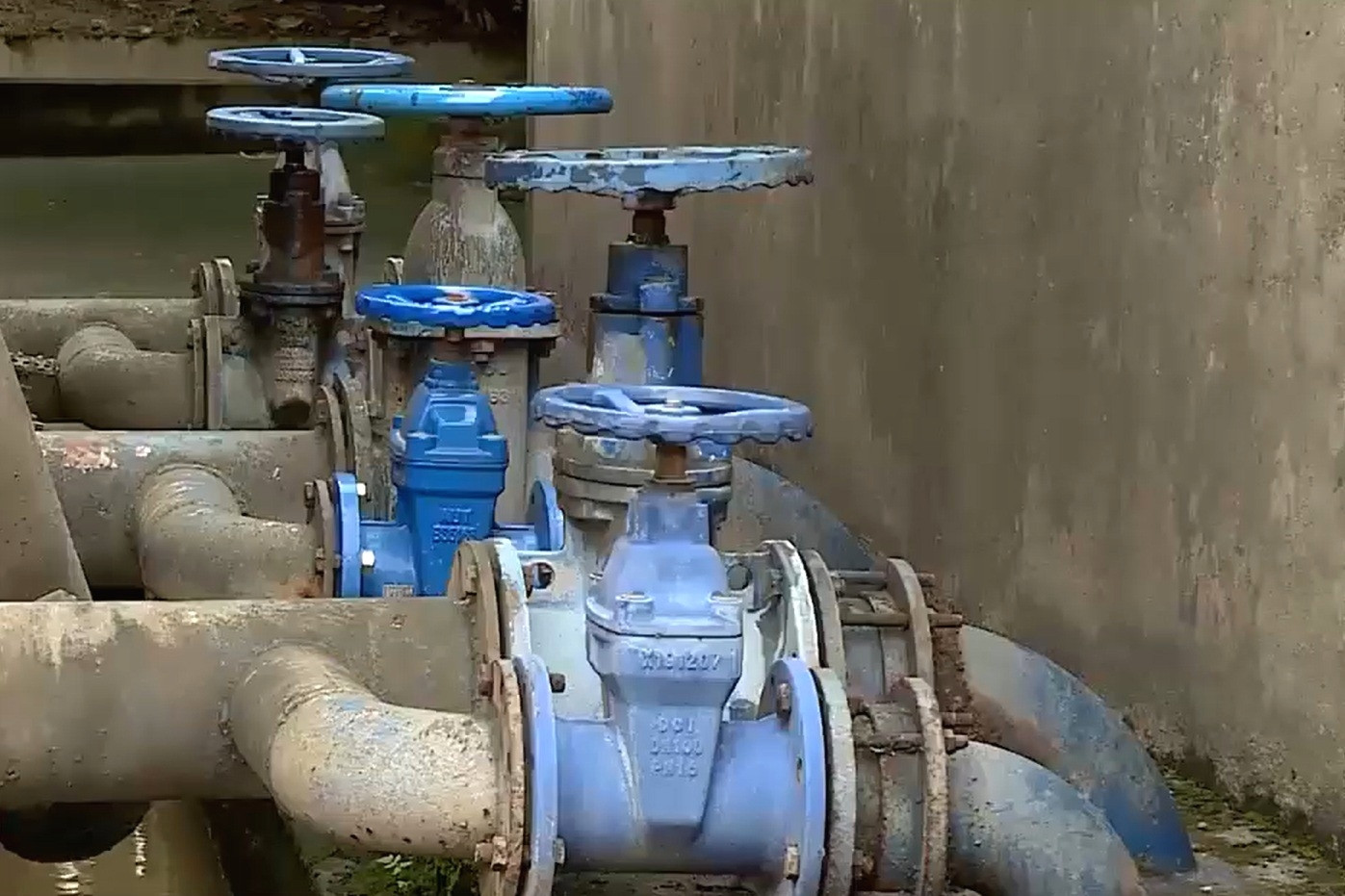
Source: https://vietnamnet.vn/nuoc-sach-nong-thon-khat-von-doanh-nghiep-quay-lung-vi-loi-nhuan-thap-2453505.html



![[Photo] National Assembly Chairman Tran Thanh Man attends the VinFuture 2025 Award Ceremony](/_next/image?url=https%3A%2F%2Fvphoto.vietnam.vn%2Fthumb%2F1200x675%2Fvietnam%2Fresource%2FIMAGE%2F2025%2F12%2F05%2F1764951162416_2628509768338816493-6995-jpg.webp&w=3840&q=75)

![[Photo] 60th Anniversary of the Founding of the Vietnam Association of Photographic Artists](/_next/image?url=https%3A%2F%2Fvphoto.vietnam.vn%2Fthumb%2F1200x675%2Fvietnam%2Fresource%2FIMAGE%2F2025%2F12%2F05%2F1764935864512_a1-bnd-0841-9740-jpg.webp&w=3840&q=75)


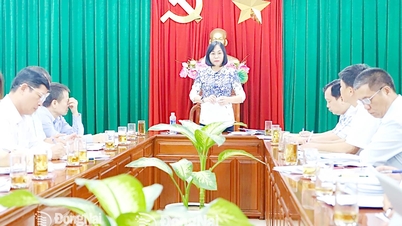

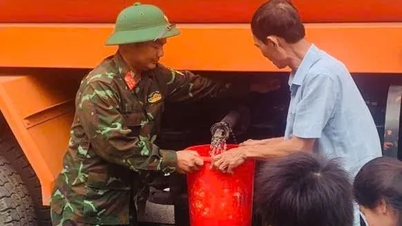

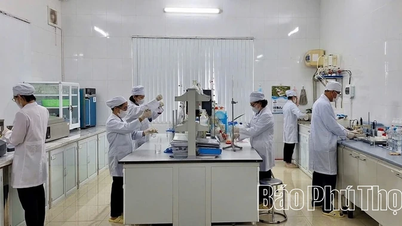



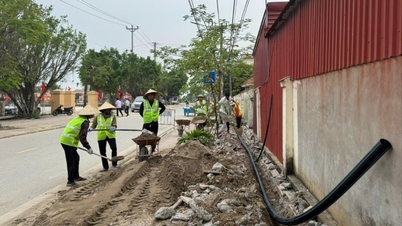

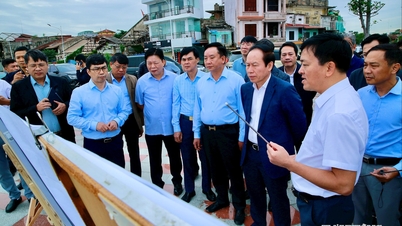


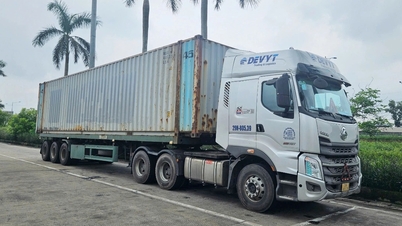



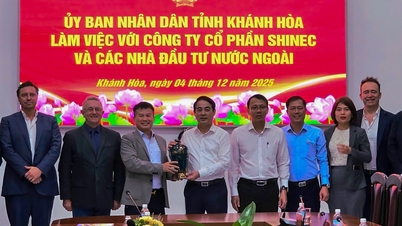





















































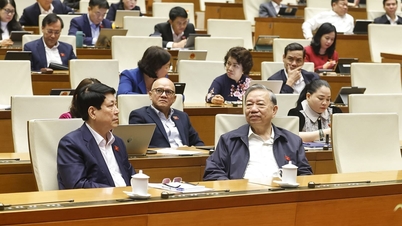












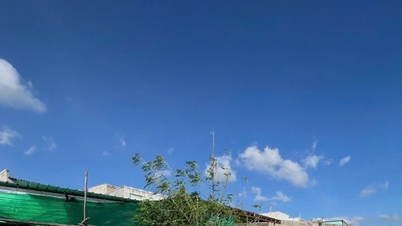
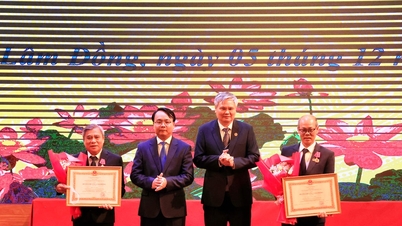
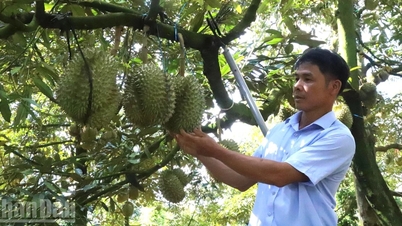
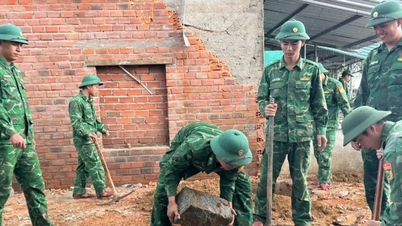










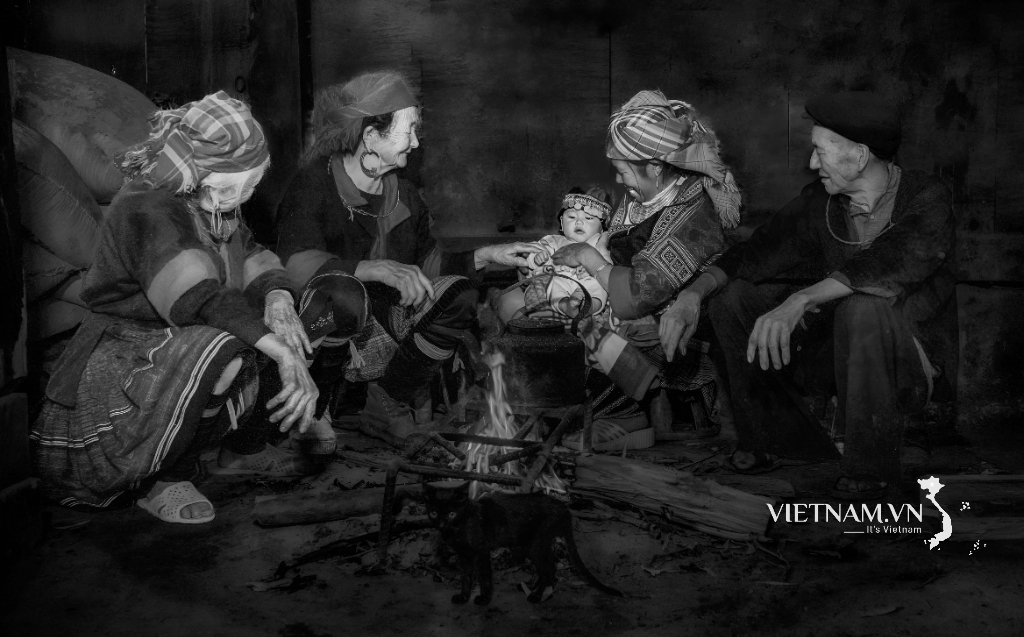
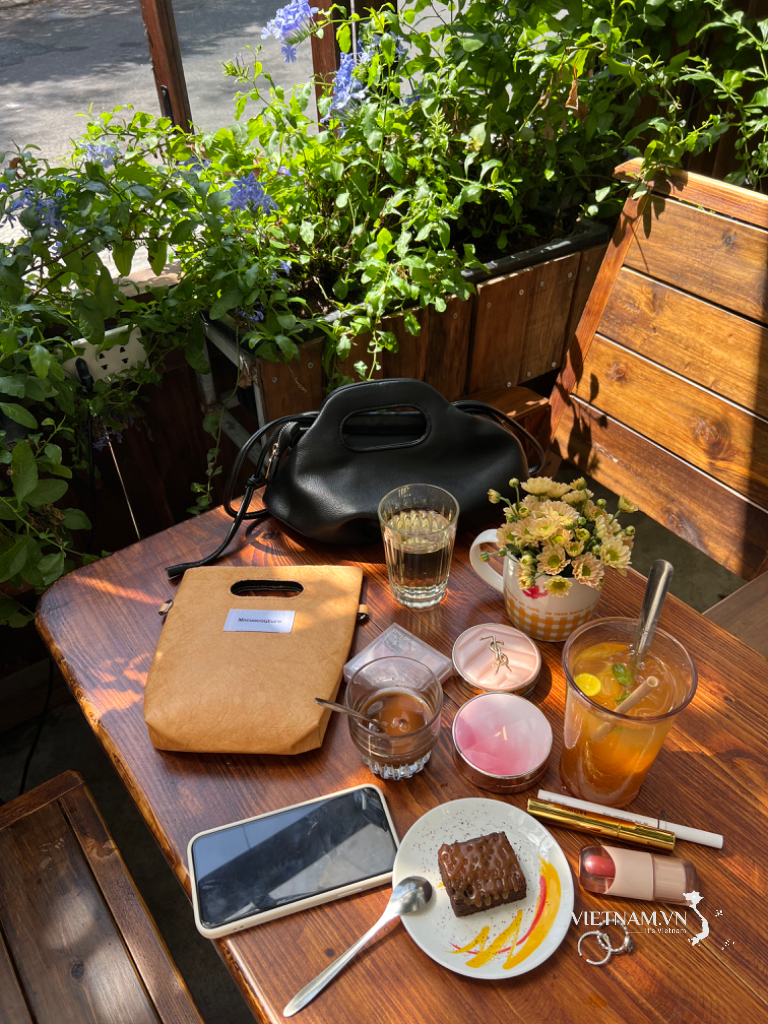





Comment (0)